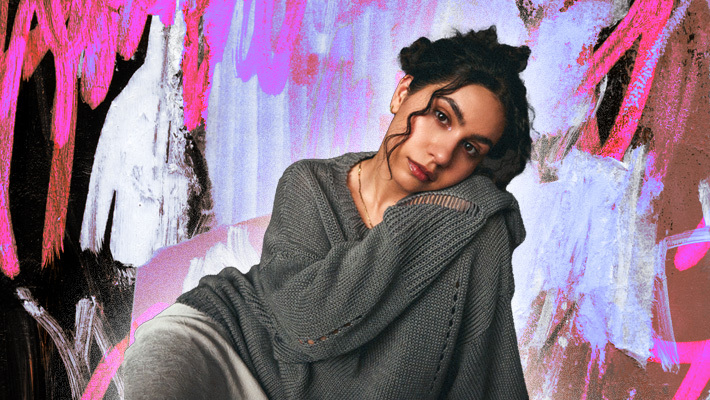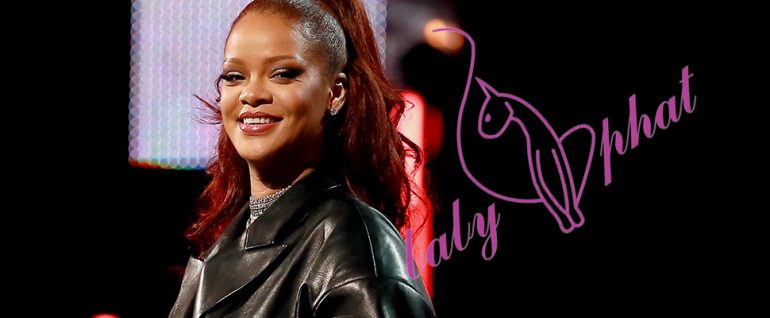-
 play_arrow
play_arrow
DisnDat HITZ DisnDat HITZ
-
 play_arrow
play_arrow
Warlando Hitz Warlando Hitz
-
 play_arrow
play_arrow
DisnDat Tunez Reggae,Dancehall and Afro Beats
-
play_arrow
Allow Us to Re-Introduce Ourselves
Alessia Cara is far removed from the antisocial singer the world met with her 2015 debut single “Here.” The record, now 5-times platinum, propelled the Canadian singer to stardom and earned her a Grammy for Best New Artist. It also pushed her into the spotlight much faster than she ever expected, which forced her to adjust quickly and roll with the punches — as hard as they have hit. Cara’s albums The Pains Of Growing and In The Meantime arrived in the years that followed, but those punches seemingly took a toll on her, and in came a desire to detach from music and experience the world’s natural sound, rather than the one she spent her years creating since her breakout.
A break ensued after the release of In The Meantime in 2021, and at its conclusion, came the creation of Love & Hyperbole. Cara’s fourth album should be considered her best release to date as she masterfully displays her growth over the years and her newfound understanding of the partnership between love and loss, as well as trusting the journey in between. The skepticism and uncertainties of yesterday are gone for Cara, and in comes impenetrable confidence in who she is and the things she wants for herself. Ten years into her career, Love & Hyperbole could very well be her magnum opus, and all it took was for Cara to lean into her dramatic side to capture the highs and lows of love better than she ever has.
Ahead of the Valentine’s Day release of Love & Hyperbole, we caught up with Cara to discuss her new album, the value of loss and love, recording her album live, and how she views her ten years in the music industry.
You spent the last three years working on Love & Hyperbole. Tell me about the journey from the last few moments of In The Meantime to everything that brought you to this new album.
Between In The Meantime and starting to write this album, there were a few months where I wasn’t writing at all. I just felt the need to turn everything off and not write at all. I wasn’t playing guitar, I wasn’t listening to much music. I was just being a person in a different way, experiencing different things and trying to push music to the side a little bit, so I could gather new experiences and nourish parts of my life that felt neglected.
Then, I started thinking about writing again and felt like I was kind of ready, but I had to start a little bit slow because these new experiences in my life were causing me to approach writing in a different way. I usually write from a very melancholic, sad place, and when I need to vent. Because of nourishing all these parts of myself that I hadn’t before, I was feeling better about a few things, but I didn’t know how to write from being in that in-between state.
I had to re-discover my understanding of who I am as an artist and as a writer, find a new voice in a way, and write from a different place, and just re-develop my love for music again. When you spend a bit of time away from it, it’s kind of hard to get back in. It’s sort of like the first steps of riding a bike: You’re kind of wobbly at first, and that’s how it felt for me.
You’ve said this album’s theme is love and loss, so I have to think that the “hyperbole” aspect of the title refers to this loss. Is the hyperbole your way of being more optimistic about the loss you’ve experienced?
Honestly, a little bit. Optimistic and using humor to cope with certain feelings and things like that. There’s another aspect to the hyperbole, too. There’s the optimism and the humor side, but then there’s also this dramatic aspect to it. I think I could speak for a lot of people, at least for myself, but when you’re going through those moments — especially in love, heartbreak, pain, or even falling in love again in a positive way — those things can feel very dramatic. Sometimes in love, everything can feel like the end of the world or the only thing that matters: It feels very, very extreme. That’s where the hyperbole came from as well.
As creatives, sometimes using hyperbole is the only way we can paint and convey even the simplest ideas to be understood. This is why I love “Subside,” specifically the line, “Time’s just pocket change that I’m wasting away, grieving what’s still alive and fighting with a lake that won’t subside.” It’s one of many moments where hyperbole really drives home your point. What was the inspiration behind this line?
I appreciate that so much. I’m glad you said that because that line always felt super personal. That one sort of makes me emotional when I hear it because it’s real for me. That song, and specifically that line, is very much about my fear of impermanence and life ending. I’ve always had that fear, but in the last few years and as I get older, the realization that things go away and that time passes quickly becomes more real and more prominent.
That line is about that realization and this constant ache that I always feel the older I get. I do find that I tend to grieve things while they’re still here, like my parents getting older. If I’m having fun in a moment, instead of enjoying it, my default is being sad about the fact that it’ll be over. I feel like I’m in this constant state of grieving things that are still here, grieving the time that I still have rather than enjoying it. That’s why I say, “Time is just pocket change, and I’m just wasting it away,” by continuing to have this fear of those things going away.
It’s a paradox because I am sad about things going away, but then I’m wasting them even more by not holding on to them. That’s a very real thing in my life. It’s something that I deal with and struggle through every day, honestly, the older I get.
What about experiencing loss do you feel changes the feeling, or maybe the understanding, of feeling true love for you?
I think those two things really go hand in hand. I’ve learned that you honestly can’t understand one without the other. I realize now that through losing things that felt like something I needed, or just losing things I thought were right for me, and grieving that and going through the healing of not having that anymore, those things really helped me understand what I do want in my life. Figuring out what I don’t want to feel again has really helped me understand what I do want to feel.
It’s trial and error. You have this long list of things you might want, and then as you go on and meet new people and experience different levels of pain, those things get crossed off, and you start to shape or understand the things that make you feel good and what you want to go after. If you feel extreme loss, it’s only because you felt extreme love and vice versa. If you feel extreme love, that means you can understand what extreme loss will feel like. Those things help you understand the other, and you can’t fully know one without the other.
What is the message you hoped to convey with the album cover for Love & Hyperbole?
There are a couple of different meanings there for me. The most obvious would be the love and the hyperbole and the love and the loss and how those two things are necessary to feel the other. It’s these two things that feel so opposite, working in tandem with each other. Also, there’s this other element to it that I wanted to convey that’s just about self-trust and having your own back. Ultimately, it’s not as important to maybe trust that things are gonna work out with this other person, but rather, trust that you will be okay if things don’t work out.
I think sometimes, having trust in someone else and having trust in love is just having trust in yourself to understand that you will be able to pull yourself out of things if things don’t work — in any scenario, whether it’s a romantic thing or just in life. It’s just that self-trust and stopping yourself from falling. I felt that position was a really vulnerable one because if one person lets go, you’ll easily fall over, right? It’s just like having that trust, that you won’t let yourself fall over.
You decided to record this album live to capture the raw and personal lyrics around the songs on this album, and it made for really fun moments like on “Outside,” “Run,” and “Feels Right.” What did you find most beneficial, or even the most fun, about recording like this and having that real energy around you?
It was so much fun to actually work with real musicians playing real instruments, oftentimes, in the room together. A lot of my favorite music is music that feels like a big jam session, music from the ’60s, ’70s, and ’90s, even where there’s either a band or just artists who recorded things totally live, and you can really hear that in their music. I wanted to convey that in a contemporary way and have my music feel like a big jam session. We really did that when we were recording: A lot of it was live with a bunch of people in the room, or even if it was individual people in the room, they were still playing it live. I was there and we were able to feed off of each other’s energy, which was really fun for me. It just feels freer and less tethered when you’re able to be intuitive in the room.
Speaking of “Run,” that song depicts you as a bit of a self-saboteur, but I think on a deeper level, there’s something to be said about the dynamic and how you view yourself in it. Is it that you think you’re this chaos that wreaks havoc, or is it more dealing with fragile people that made you wrongly think you were this chaos?
That’s a great point. I never actually thought about it like that. Yeah, I do think past relationships or relationships around you definitely inform your own view of yourself. This song is not how I like to feel about myself now. It’s definitely how I felt about myself in the past, and I do think, to some degree, I was kind of made to feel that way about myself. I think that it’s a common thing. Sometimes, when you have a lot of emotions, people will make you feel like you’re too much or instill these views that you put on yourself that aren’t actually true. So, yeah, that’s definitely what that song is about.
In one of the lines, I talk about carrying a “briefcase of old sh*t,” and I also say that I have a bunch of “ghosts on my back” that have all become my friends. I do think that the briefcase with all the old stuff and those ghosts are things I’ve carried from other relationships into this one. I think one of those things is that view I have of myself that I had to fake in order to not sabotage something that was potentially really beautiful, even just for my own sake.
In learning to accept true love, there’s also being able to trust that you’ll know good love from bad love and not trying to ruin a good thing because of the possibility of a bad thing happening, which is what “Feels Right” is all about. How has your trust in knowing what’s good for yourself improved as you’ve learned how to accept the best love that life has to offer you?
It just goes back to trusting yourself. There’s a reason I put that song near the end of the album, because I wanted it to feel as chronological as possible. The first half of the album, that’s about feeling stuck and not really knowing what to do with all these feelings. As the album goes on, you see the growth, hopefully. That song is about learning to trust yourself and have that “nothing matters” approach in a good way. It’s not so much about trusting that the other person isn’t going to hurt you: It’s about trusting that you’ll be fine if they do and understanding that even if you’re not okay, and they hurt you, you’ll still be fine at the end of the day. You’ll figure it out, and who cares? It’s way better to love and lose in the end than to not go for something that could be potentially great. Jump in and then figure it out after. Obviously, think a little bit, but have some trust in yourself.
Ending the album with “Clearly,” a song seemingly about reconnecting with someone from your past, is not how I thought an album like this would conclude. I figured after finding and feeling true love, the past would be the last place you’d go. How do we end up here and what made this such a fitting ending to the album?
It’s not so much reconnecting with someone. It’s about looking at past situations, past people, even past versions of yourself, and looking at them with the forgiveness and understanding of knowing why what happened, happened. There’s no anger there and I’m able to move on. It’s not so much about reconnecting with any old flames or anything like that, because that would be a moving backward approach to put at the end of the album.
I’ve been in situations where I’ve seen people I’ve been in relationships with years later, looked at them, and had no anger. Just this look of understanding with one another, this unspoken sentiment of, “We’re good, it’s good, I get it.” I feel like when you’re first out of certain things and emotions are so high, there can just be this level of anger, pain, and resentment there. I do think time is a saving grace. It can just allow you to see why certain things happened and where you might have gone wrong. It’s just in life, sometimes there’s no villain. It’s just like life is life and you get it.
With this album and this year as well, you’ve officially crossed the ten-year mark in the music industry. When you think of where you are now compared to the girl with big dreams singing songs and playing the guitar on YouTube? What thoughts come to mind? What do you hope the next ten years look like?
Oh, man, that’s so hard. First off, it’s hard to believe that it’s been ten years. It’s hard to believe that this has been my life. I can’t even wrap my head around all the things that I’ve done and all the things that I’ve been lucky enough to experience, especially when I go back home. I’m back home in Toronto. I’m in my parents’ house right now, actually, in my childhood room, and it’s just crazy because I still feel like that same person, but when I look back to all the things that I’ve done, it’s like I’ve taken a huge trip around the sun, it’s so strange.
I’m just really grateful and I’m so lucky that there are people who still care, who are still waiting around for new music, and people like you who are still interested in talking to me and listening to my new stuff; It means the world. What will the next ten years look like? I don’t even know. I hope to maybe start a little family, grow some roots. That’s always been a nice little goal of mine outside of music, but I’d love to explore new avenues, too. I’d love to act, or write a movie, or write for TV, expand my writing to other fields other than music, and maybe go back to my theater kid roots and try to act a little bit, because I’ve always loved movies and TV.
Love & Hyperbole is out 2/14 via Def Jam. Find more information here.
Written by: dev
Similar posts
-
Recent Posts
- Big Girl Tries To Join In And Defend Her Man From A Fight!
- J.I.D and Joey Bada$$ Cover XXL Magazine’s Fall 2025 Issue
- Good Lord: Forget The Sport, Them Milkers Are Bouncin'
- Joey Bada$$ Interview – Hottest Pen, Sitting Among the Greats
- He Had A Death Wish: Maryland Cop Shoots Suspect Who Charged At Him With A Knife!
Recent Comments
Featured post

Latest posts

Big Girl Tries To Join In And Defend Her Man From A Fight!

J.I.D and Joey Bada$$ Cover XXL Magazine’s Fall 2025 Issue

Good Lord: Forget The Sport, Them Milkers Are Bouncin'

Joey Bada$$ Interview – Hottest Pen, Sitting Among the Greats

He Had A Death Wish: Maryland Cop Shoots Suspect Who Charged At Him With A Knife!
Current show
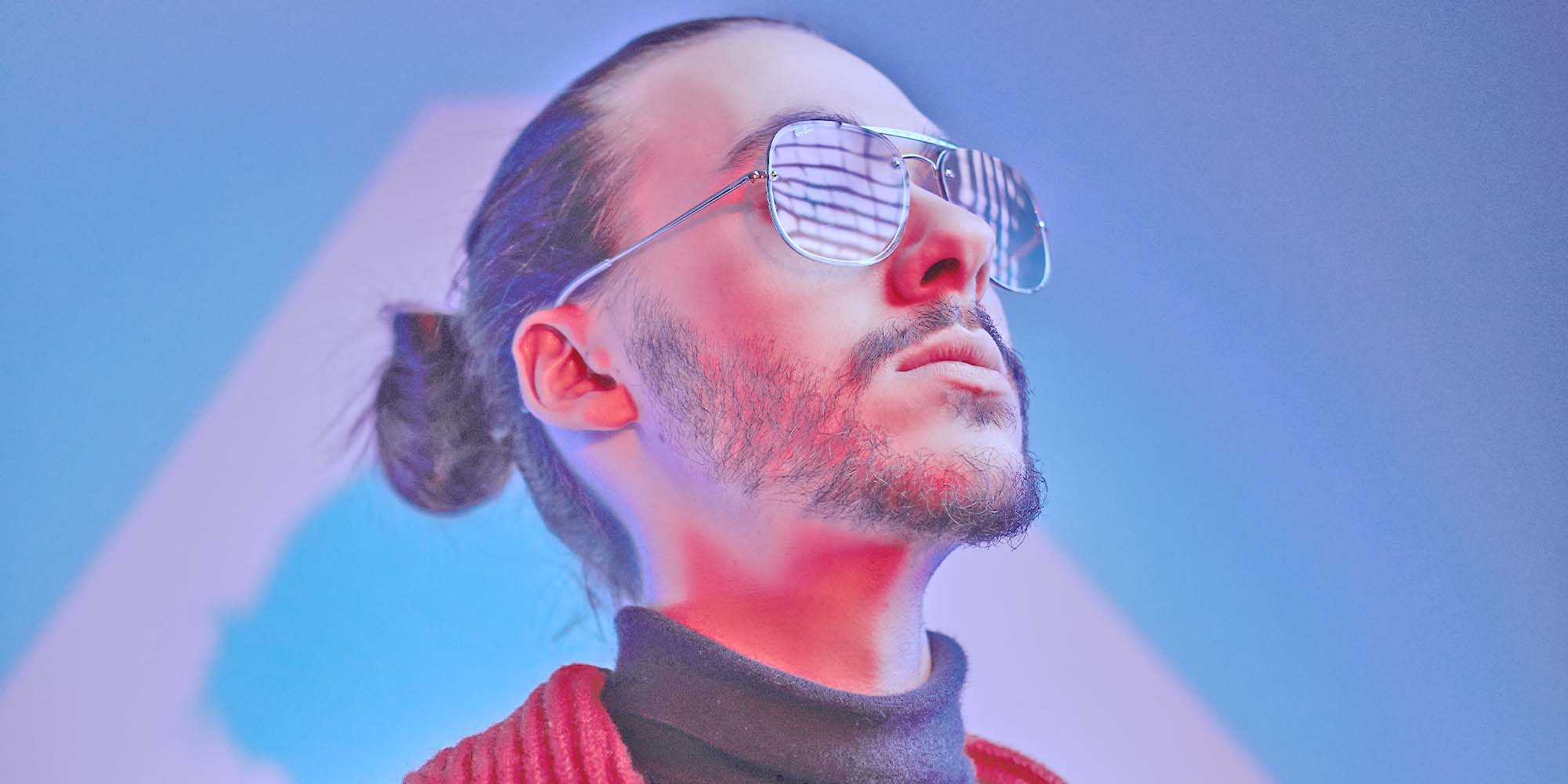
Pop’n Roll
Mixed by Rebecca Lost
For every Show page the timetable is auomatically generated from the schedule, and you can set automatic carousels of Podcasts, Articles and Charts by simply choosing a category. Curabitur id lacus felis. Sed justo mauris, auctor eget tellus nec, pellentesque varius mauris. Sed eu congue nulla, et tincidunt justo. Aliquam semper faucibus odio id varius. Suspendisse varius laoreet sodales.
closeUpcoming shows

Art Of Gossip
Monday and Friday at 23:00
6:00 pm - 7:00 pm
ACCOUNTABILITY W Mr. STROKEMWELL
Fuck How You Feel
7:00 pm - 11:50 pm
Good Morning London
With Cindy and Brandon
11:50 pm - 11:55 pm
Family Affairs
With Sebastian Troy
11:55 pm - 12:00 am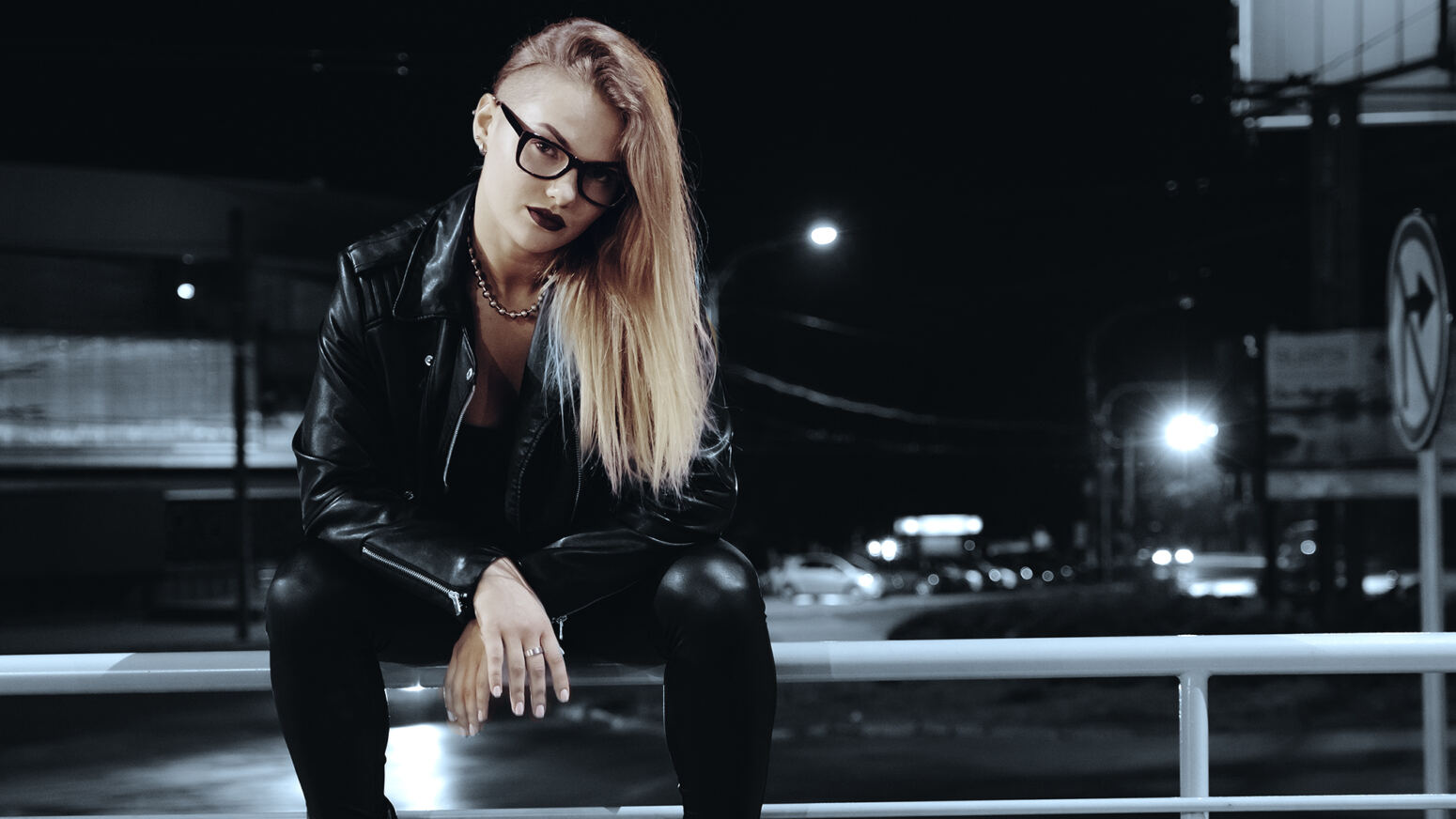
House Of Fashion
With Veronica and Nina
12:00 am - 3:00 amChart
-

Pop’n Roll
Mixed by Rebecca Lost
For every Show page the timetable is auomatically generated from the schedule, and you can set automatic carousels of Podcasts, Articles and Charts by simply choosing a category. Curabitur id lacus felis. Sed justo mauris, auctor eget tellus nec, pellentesque varius mauris. Sed eu congue nulla, et tincidunt justo. Aliquam semper faucibus odio id varius. Suspendisse varius laoreet sodales.
close Chart
-
1
play_arrowAdd It Up (feat. Luh Tyler & Scy Jimm)
Ratxhet
-
2
play_arrowPpp
Sawcegawdclutch
-
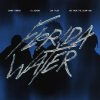
3
play_arrowFlorida Water (feat. Luh Tyler)
Danny Towers, Dj Scheme & Ski Mask The Slump God
-
Top popular

Most NSFW Hip-Hop Videos of All Time

Drake and NBA Player DeMar DeRozan Have Beef, Caught on Camera

Kanye West Officially Married, Files 26 Yews Trademarks – Report

The Best Bourbons Under 100-Proof, Power Ranked (2025)
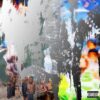
Travis Scott (The JACKBOYS) & Kid Cudi (The Scotts) Release ‘W E B S T E R II’ Album
Quick links
Our radio.
COPYRIGHT All rights reserved.
Site Design by Superior Business Solutions.


